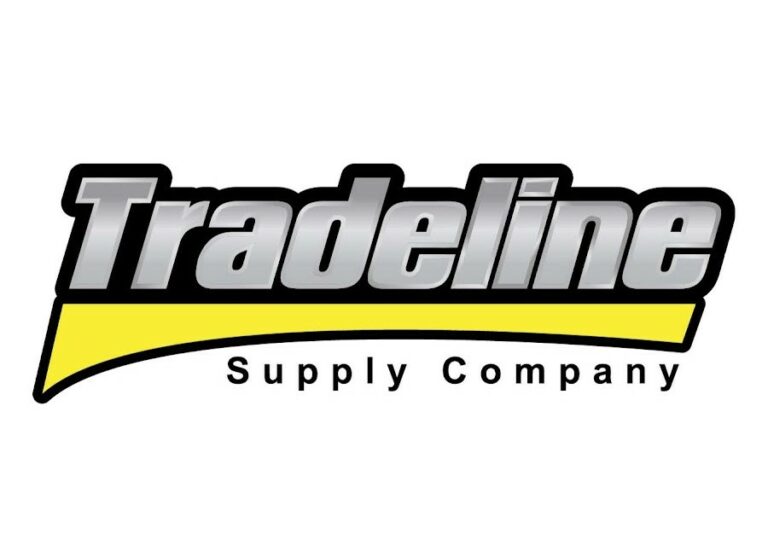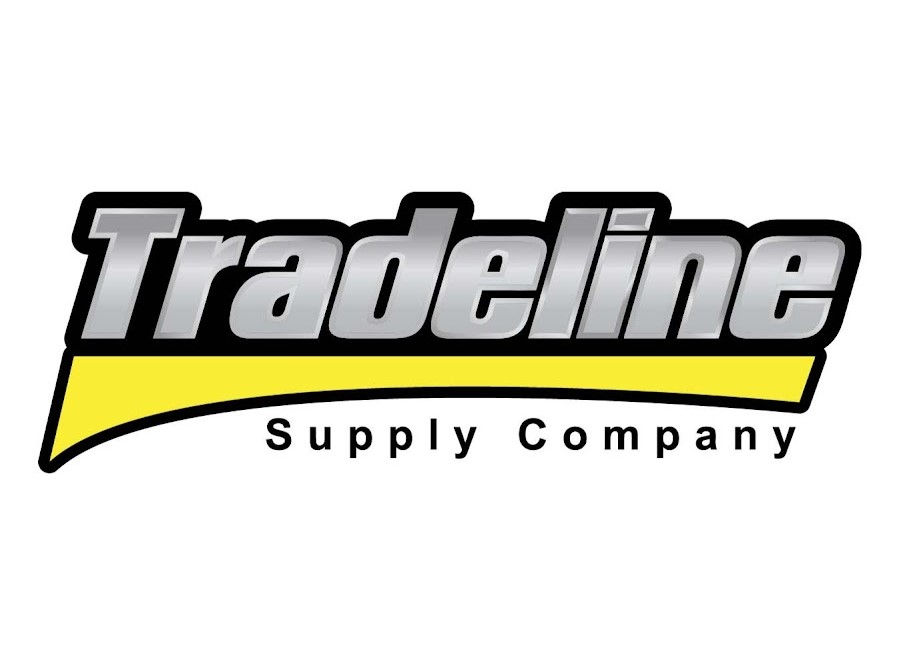What is Factoring Government Receivables?

Factoring is a financing option where a business sells unpaid invoices to a factoring company or Factor at a discounted rate. It’s a form of accounts receivable financing.
The company that purchased the invoice sends a cash advance for a percentage of the invoice amount. The Factor then collects payment and issues the remaining amount.
Why do companies use factoring?
Companies use accounts receivable factoring to convert unpaid invoices into working capital. Most small businesses won’t qualify for a traditional business loan.
But with factoring, lenders base approval on your client’s credit, not yours. You’re virtually assured of payment when your client is a government agency, making approval much easier.
How does factoring work?

The first step is to find a company that handles government factoring. Once you find the right company and review their offer and terms, you’ll sign a factoring agreement.
The agreement includes factoring services, the discount rate, the advance rate, any additional fees, and minimum volume requirements.
After entering into the agreement, the steps in the factoring process goes:
- Deliver goods or services to the government entity.
- Send an invoice detailing the goods or services, the amount owed, and the due date.
- After the agency agrees to the invoice, upload it to the Factor.
- The Factor approves the invoice and purchases it at a discounted rate.
- Then the Factor sends you a cash advance at the advance rate via wire transfer.
- Once the agency pays the invoice, the Factor sends the rest of the money.
Factoring Example
ABC Construction won a bid for a new federal government building. It invoices the government and records the amount owed in its accounts receivable ledger.
The company has a factoring agreement with the following terms:
- 3% factor rate per 30 days.
- 90% advance rate.
ABC submits an invoice for $75,000 due in 30 days. The factoring company purchases it with the 3% discount rate for a total of $72,750 but doesn’t send the full amount.
Instead, the amount the factoring company sends comes from the advance rate, which in this case, is 90% of $72,750. So, the actual cash advance is $65,475. The rest of the money goes into a reserve account.
Once the government agency pays the invoice, the factoring company sends the remaining $7,275 minus any additional fees.
How to apply for Invoice Factoring:

You can apply for invoice factoring for government contracts through United Capital Source with the following steps.
Step 1: Gather your documentation
When you apply, the factoring company needs to review the following documents:
- Driver’s license.
- Voided business check.
- Banks statements from the previous three months.
- Business tax return.
- Accounts receivable aging report, Accounts payable report, debt schedule.
Step 2: Apply
You can complete our one-page application or give us a call to apply.
Step 3: Speak to a representative
Once you apply, one of our representatives will reach out to relay any documents, fees, and factoring agreement. You’ll get a breakdown of all costs, so you don’t have to worry about hidden fees.
Step 4: Receive approval
The entire process takes about two weeks to finalize. Funds will appear in your bank account 1-2 days after completing the application.
Frequently Asked Questions

Here are the most common questions about factoring government receivables.
Which industries use Factoring for Government Contracts?
Factoring is available for businesses in any industry that provide goods or services to a government agency. However, factoring government invoices are primarily used in the following industries:
- Construction.
- Distribution.
- Food services.
- IT services.
- Manufacturing.
- Staffing.
- Trucking & transportation.
What are the benefits of factoring?
Invoice factoring converts outstanding invoices into cash sooner than waiting for payment. The influx of working capital is a lifeline for businesses with cash flow concerns.
It’s much easier to get approved for factoring than traditional business loans. Factoring companies must know whether they’ll get paid. When you factor invoices from a government contract, payment is essentially guaranteed.
The factoring company handles billing and payment processing since they own the invoice. This can save some small businesses time and money.
What are the drawbacks of factoring?
The most significant downside to factoring is the cost. While approval for factoring is easier than a traditional business loan, the rates are higher.
The exact rate you get depends on how long the government agency takes to pay its invoice. If you have a contract for a net 30 invoice, you’ll get a lower rate than 60 or 90-day invoices.
Factoring Pros & Cons:

Pros:
- Your business accesses the cash it’s owed sooner.
- Helps fill cash flow gaps.
- Approval is easier than traditional business loans.
- The factoring company handles collections.
Cons:
- Factoring costs are higher than traditional loans.
- Rates depend on how long the agency takes to pay.
Government Contract Factoring – Final Thoughts

Invoice factoring is best for small businesses that need working capital and can’t get a traditional loan. Small business owners with solid credit can find less expensive small business loans.
You can contact us to discuss invoice factoring for your government contract. Our loan experts will provide you with the best options for your business needs.












